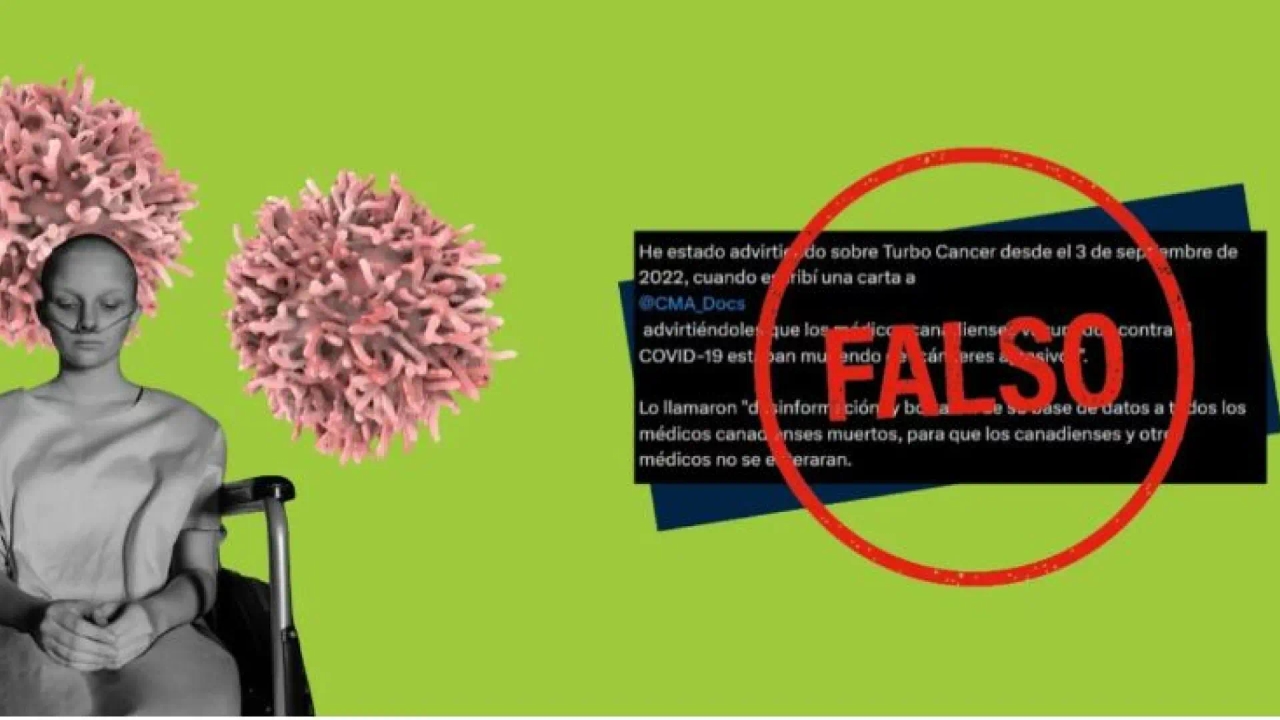The psychology behind the craze for La Oreja de Van Gogh: "Nostalgia can be a way of escaping the present."

Twenty-two years after the release of Rosas, La Oreja de Van Gogh has just sold out nine dates (including Madrid and Barcelona) just one hour after tickets went on sale. The frenzy surrounding the Basque group, linked to the recently formalized reunion with their singer Amaia Montero, seems part of something larger: a wave of nostalgia for the first decade of the 20th century that is making itself felt in Spanish popular culture.
The Millennial Nostalgia festival, headlined this year by Carlos Baute and Safri Duo. Las Ketchup's cameo at Rusowsky's concert in Madrid. Estopa's unanimous celebration on social media. These are all signs of a generation of young people looking, once again, to a perhaps idealized decade of the 2000s.
"Nostalgia connects us to the past"Behind cultural nostalgia lies a series of emotional mechanisms that motivate this desire to return to the past. "Nostalgia is a mixture of two basic emotions , joy and sadness, in which more complex concepts such as longing, melancholy, and affection are involved," psychologist Marta Egüen explains to 20minutos . "If all emotions serve a purpose, nostalgia's primary function is to connect us with our past."
"In a situation," he continues, "we can experience a physiological response (a bodily sensation) or have a thought. An emotion is the assessment we make of that physiological sensation or thought."
And he adds: "In the case of nostalgia, the assessment we make can motivate us to act in the present, either by seeking out elements similar to those that generated satisfaction in the past (such as a new Marvel movie) or by repeating behaviors from the past (such as going to an El Canto del Loco concert)."
Marcos de Andrés, co-director of the project dedicated to online therapy and psychology courses enGrama Psicología , argues that nostalgia is largely defined by the context in which it appears. "Like any other emotion," he begins, "it is a construct, a learned way of naming certain physiological activations depending on the context. Many times it is not too different from what we feel, for example, when we are excited on a roller coaster, anxiously speaking in public, or on a first date in love... These underlying physiological activations are not very different from each other, but what is different is how we have learned to name them."
"In this sense, nostalgia describes a particular way of relating to stimuli from the past that today acquire an emotional activation," he continues. "And like every emotion, it fulfills an emotion. The functional hypotheses may be various, but, to put it roughly, it makes us aware of paths that made us happy , that brought us pleasure or well-being, and that perhaps it would be good to return to."
Egüen agrees: "Being motivated by nostalgia can evoke positive experiences, such as a feeling of comfort. Experiencing this increases the likelihood of continuing to act in pursuit of that feeling. In other words, being motivated by nostalgia and experiencing a feeling of comfort after consuming a product associated with your past increases the likelihood of continuing to consume products that generate nostalgia."
"Nostalgia can be a marketing strategy"While this expert clarifies that nostalgia doesn't necessarily have to be associated with consumption ("it can arise from a wide variety of stimuli as simple as spending time with people who have been part of our lives, walking through the area where you grew up, or smelling the stew your grandmother made when you were little," she says), "alluding to nostalgia can be a marketing strategy like those that evoke any other feeling or relate a product to a feeling of well-being."
"When designing and selling a product," says the psychologist, "you want it to appeal to the specific group of people it's aimed at. The larger that group, the greater the likelihood of economic success. Therefore, designing cultural products that appeal to minors or young people and that also allude to the past of those who are now adults can be a way to ensure success."
Even so, Egüen doesn't deny the merit of the recent success of many of these cultural phenomena. "The success of series, films, musical groups, etc. that hark back to bygone eras is closely related to their quality. In the case of La Oreja de Van Gogh, the nine-date sellout is explained by the band's iconic status."
De Andrés states that "today we may be experiencing a boom in cultural products that take us back to bygone eras. This may be due to a greater lack of sources of pleasure or well-being for people today; due to living in a more volatile, changing, fluid, and uncertain society, with too much information, too many options, so many that you don't even know which one to choose..."
And he adds: "Obviously, these social logics can be commercially exploited by large industries. By understanding human behavior, social dynamics, how memory and emotions work, what tends to reinforce or punish us, and countless other things... It's perfectly feasible to shape consumer behavior to suit your needs."
"Nostalgia can lead to idealizing the past.""In an uncertain social situation," says Egüen, "acting out of nostalgia can help us escape the present or reduce feelings of instability or insecurity."
This escapism, he argues, runs the risk of idealizing certain periods of our lives and ignoring their darker parts, perhaps preventing us from learning from them. "Everyone remembers their past in a unique way," he argues. "There are people who manage to maintain a balance between the positive and negative elements , but there are also those who focus on one or the other."
"Motivated by nostalgia, returning to past moments makes it easier to focus on the positive , which can lead us to idealize the past. The problem isn't remembering the past with nostalgia, but using it as a way to escape the present and avoid the negative," he continues.
Andrés expresses a similar sentiment: "We often fall into an idealization of the past," he opines. "We tend to believe that every past moment was better due to our selective memory. We don't remember things perfectly, but rather we unconsciously modify them as the days go by as we see fit, as we relate events to others or, directly, as our lives change. With these life changes, we adapt our memories to make them more consonant with who we are today."
"Some people distort real memories more and others less, but to some extent, everyone does," he continues. "We remember as we were, but also as we are."
"The key is to maintain a balance between remembering the past and living in the present, keeping in mind that negative events also occurred in the past," concludes Egüen. "As consumers, we must maintain a critical view of the cultural products offered to us and ask ourselves if they are something we truly want or if we have been influenced to feel we must consume them."
References
We're now on WhatsApp! If you want to receive all the latest news and the most important events of the day on your mobile, click here and join our channel. It's free, convenient, and secure.
20minutos





